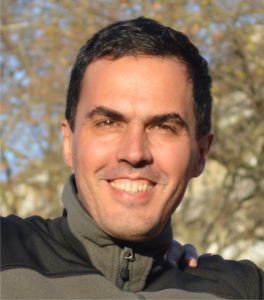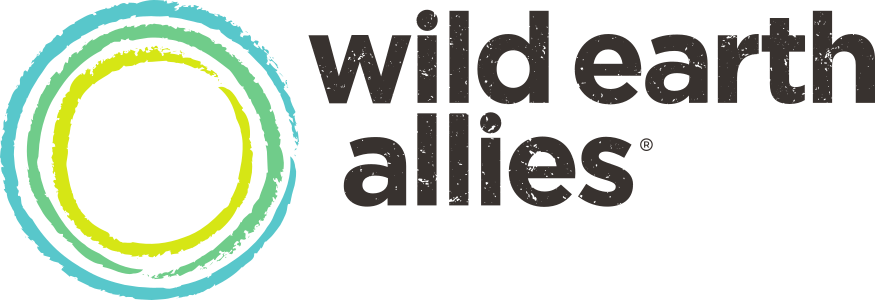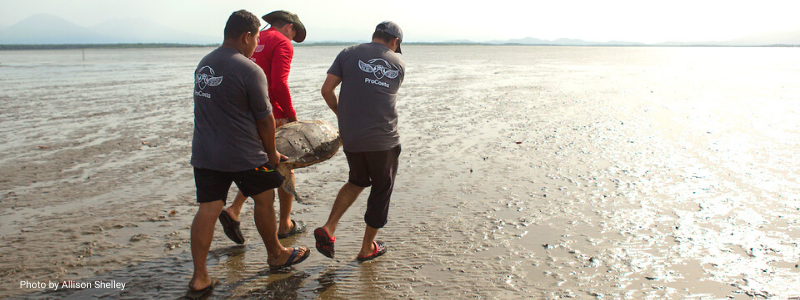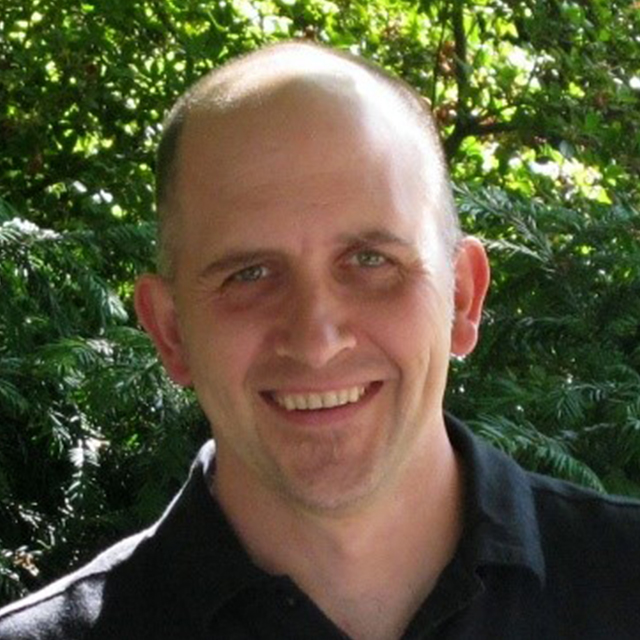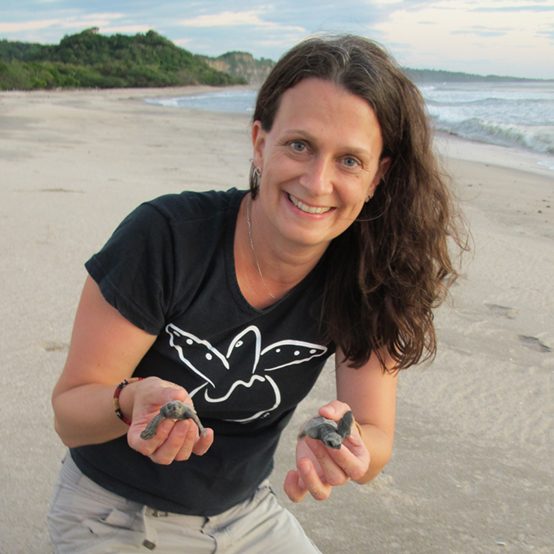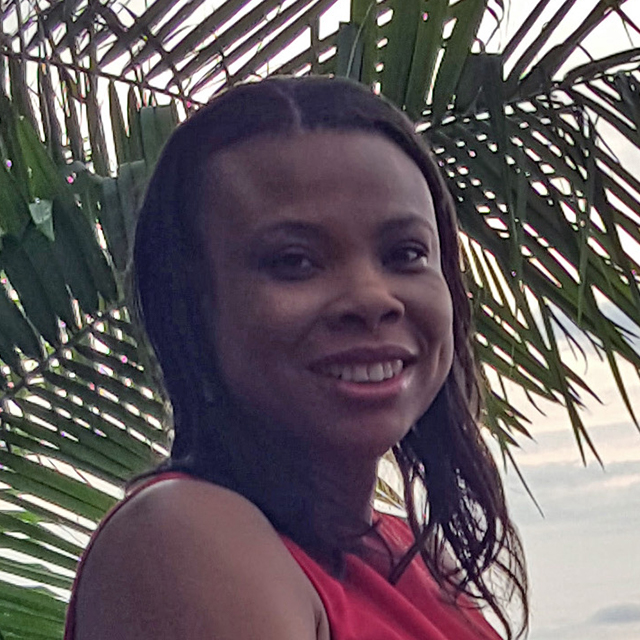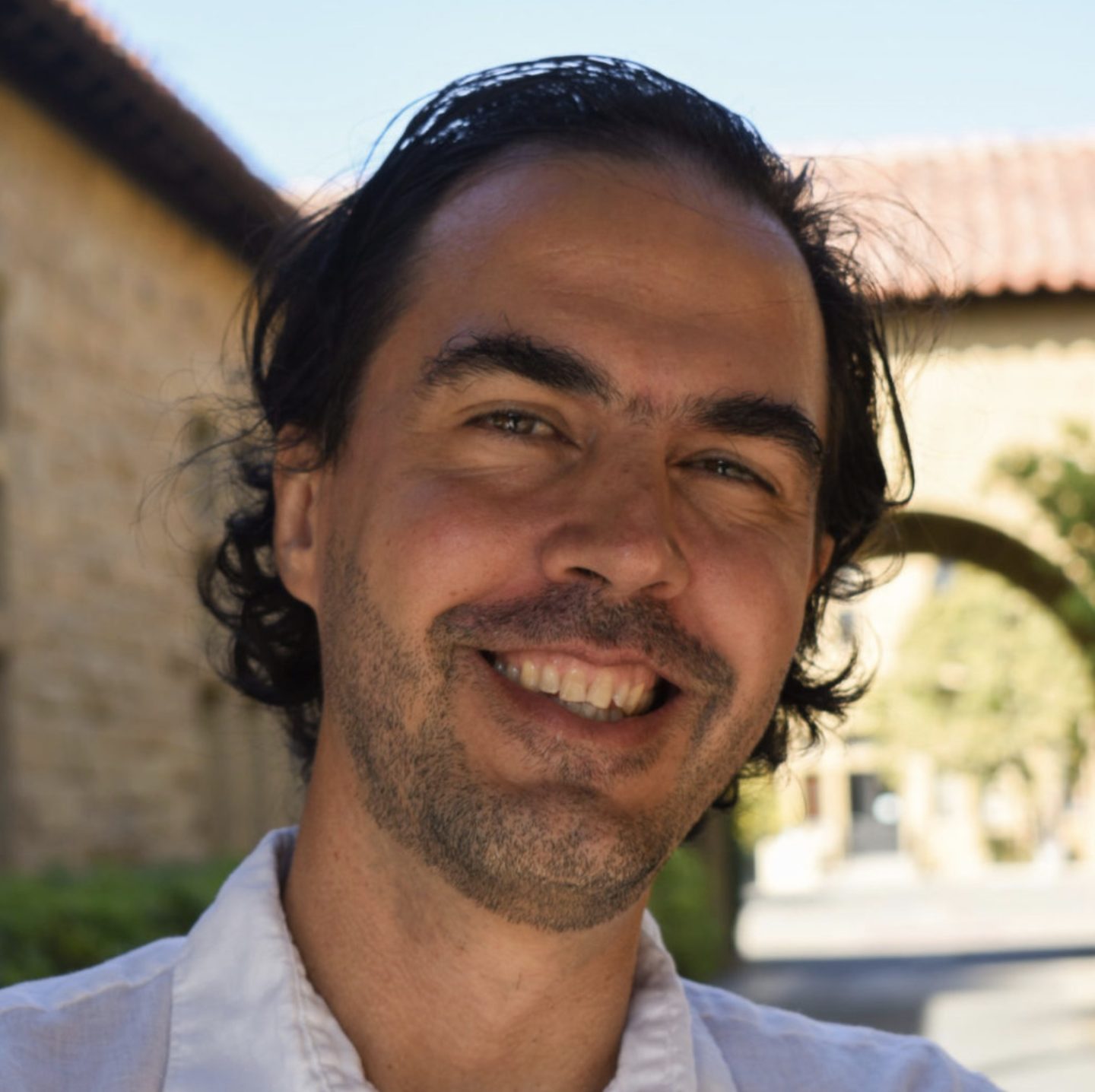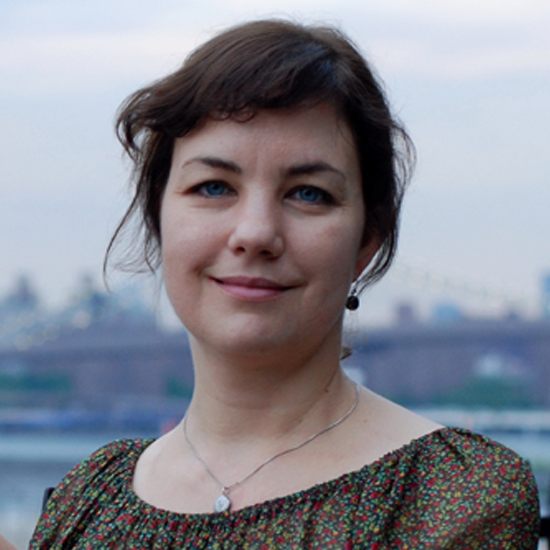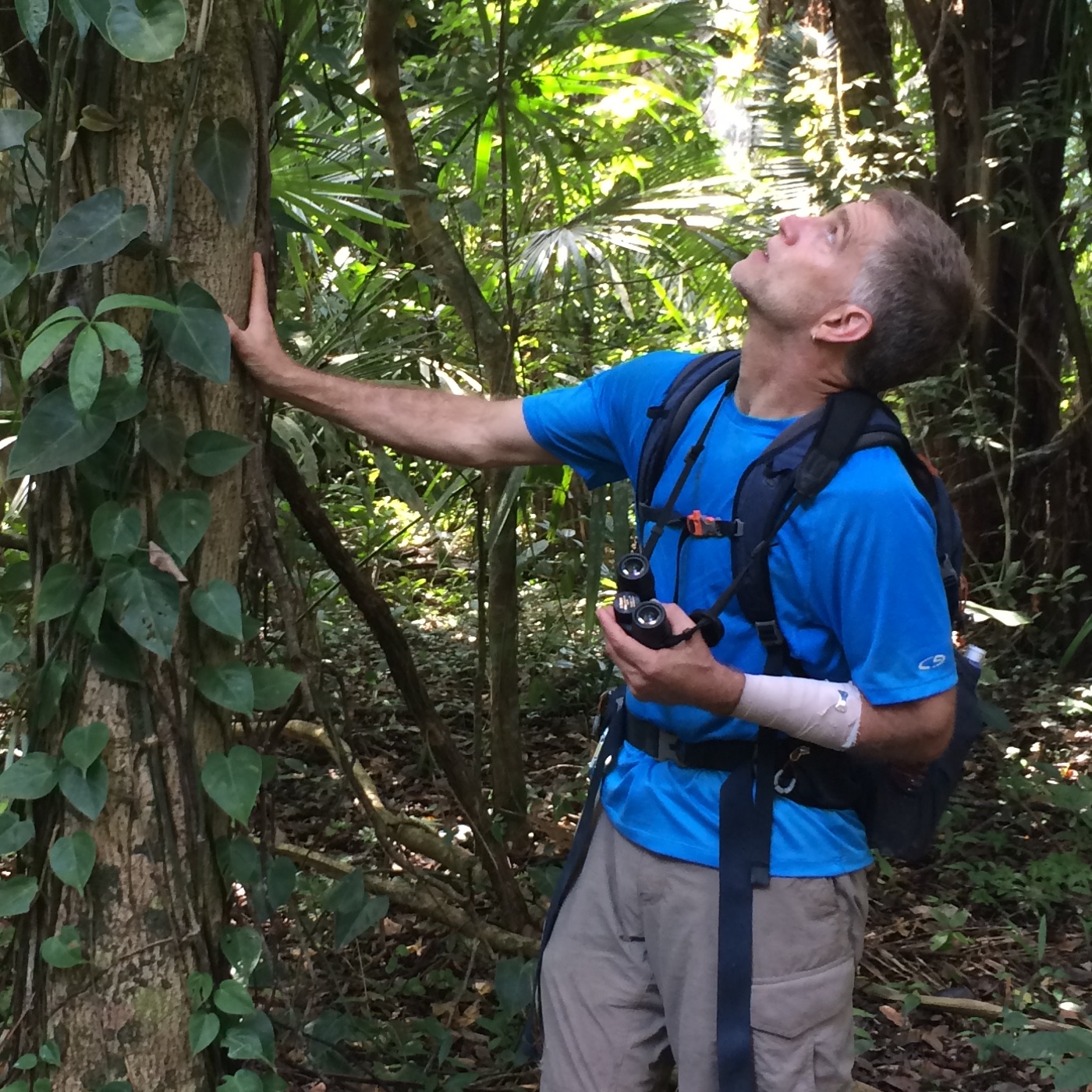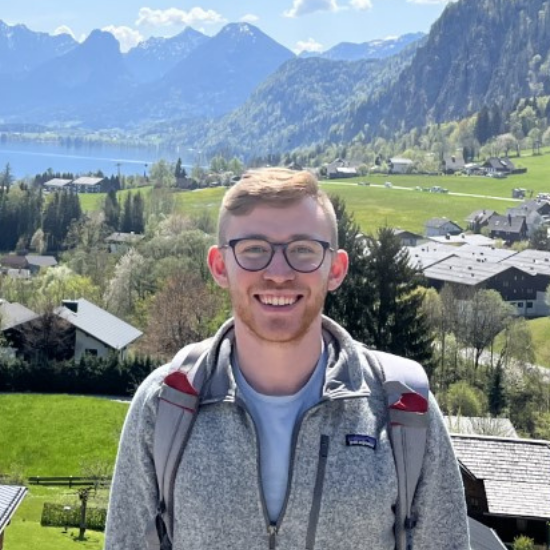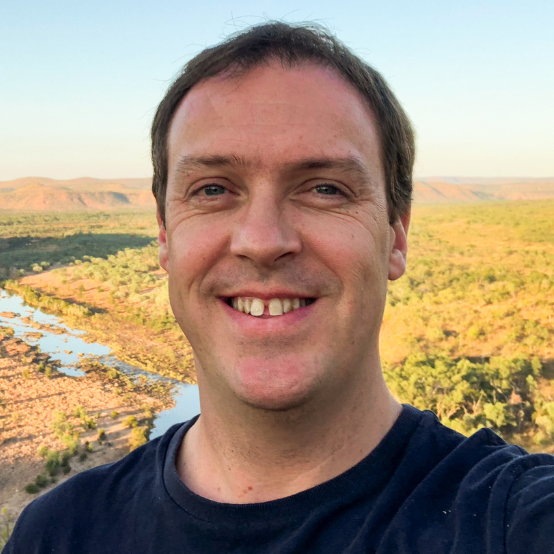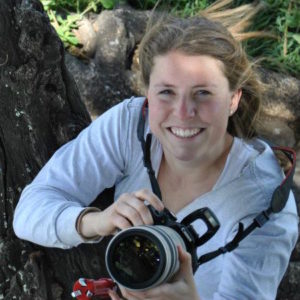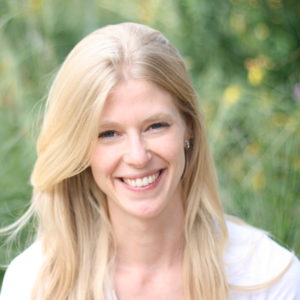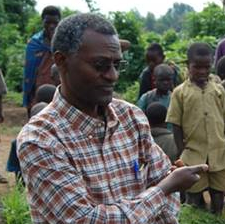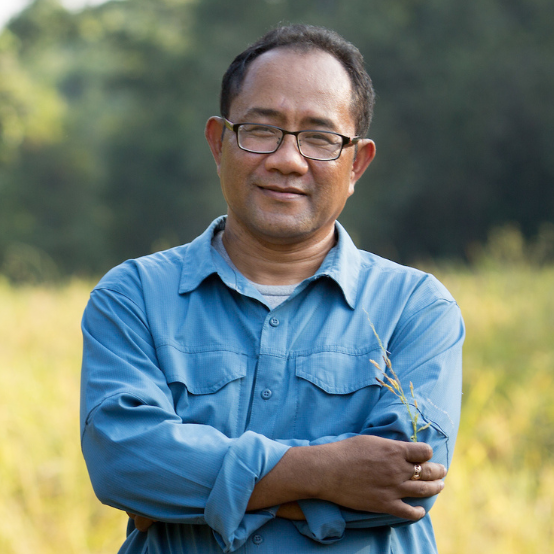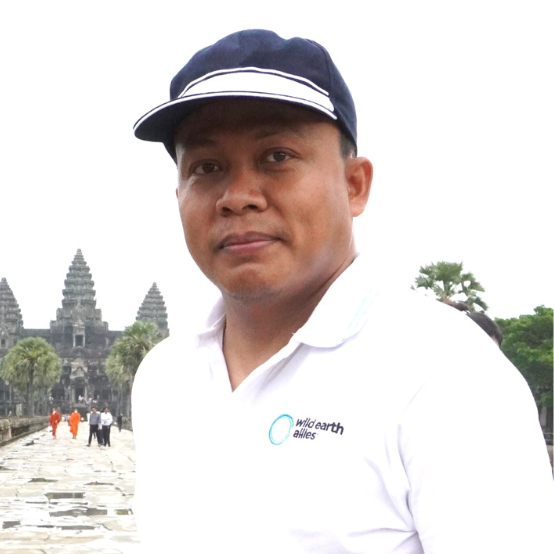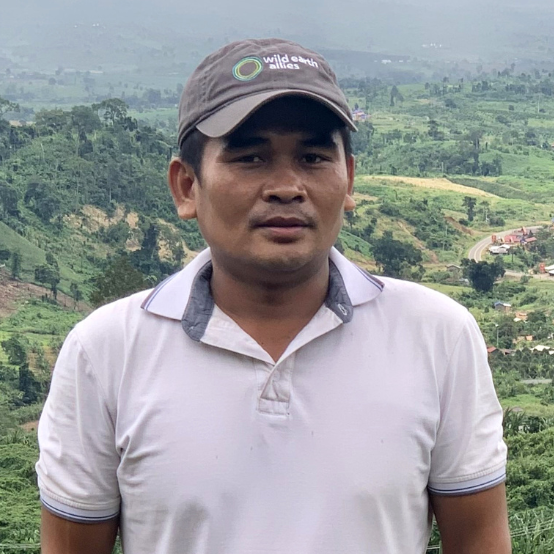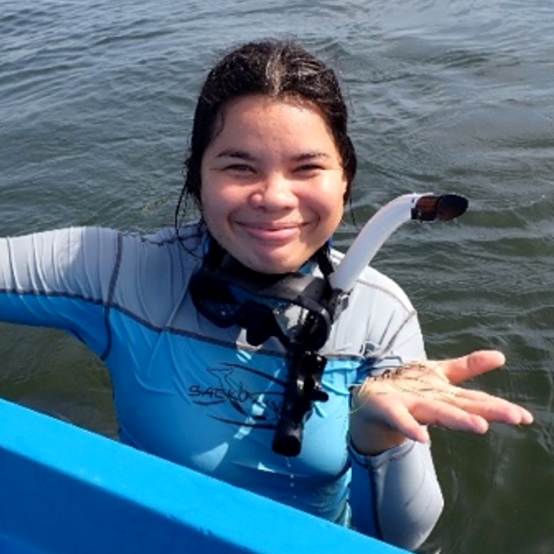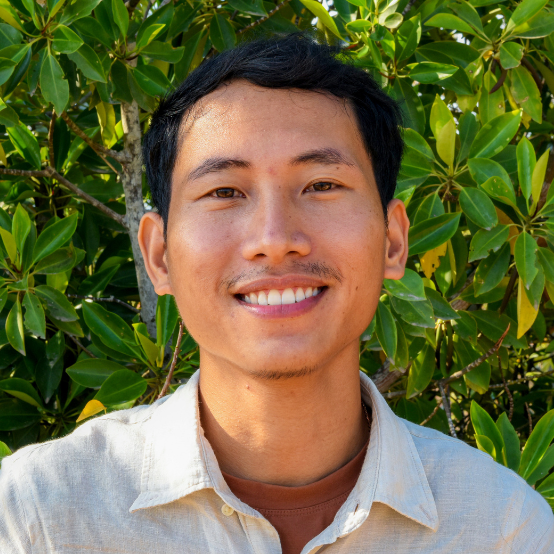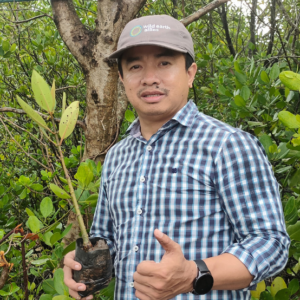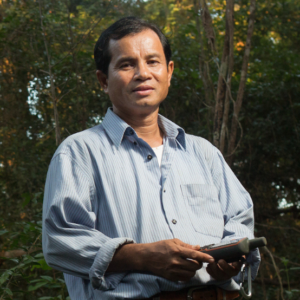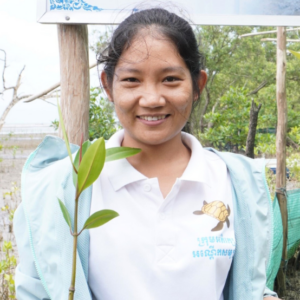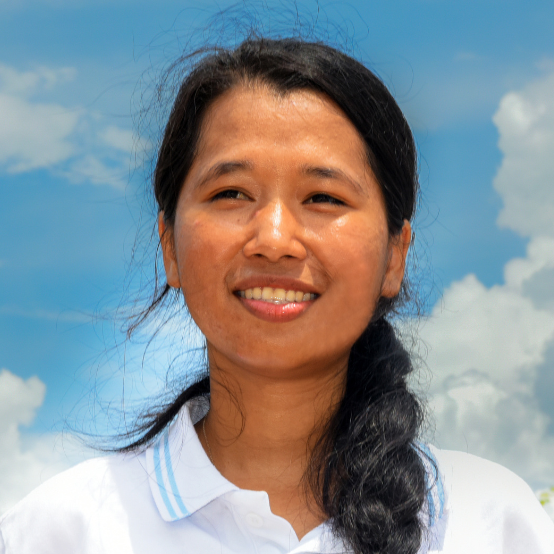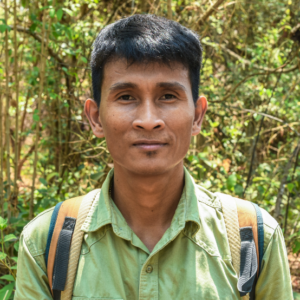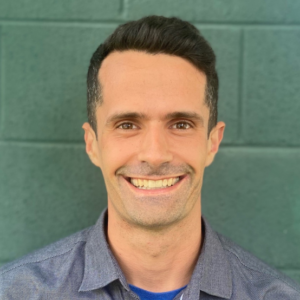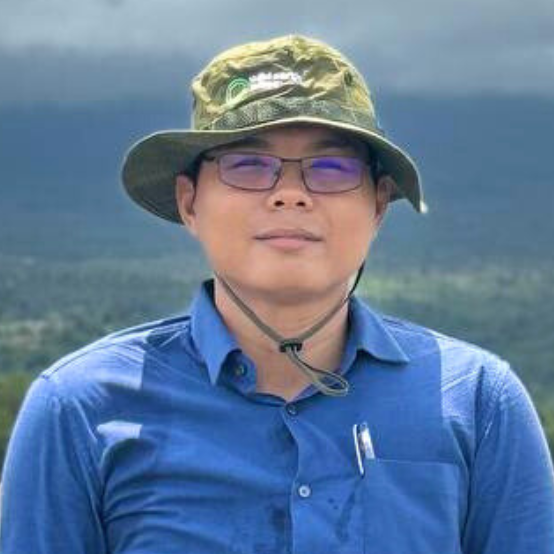It’s been decades since the world has faced a challenge like COVID-19. These are uncertain and painful times as we face devastating losses of human lives and the erosion of livelihoods of millions across the globe. We are concerned about friends, family, our communities and the world.
Sheltered in place, at times we might feel powerless. It’s easy to fall to pessimism. But in difficult times, there is always room for optimism. Here, I would like to share four reasons that make me believe our natural world will emerge stronger and better than ever.
1. Humanity
These days I am especially touched by the human dimension of this crisis. Leaders call this a ‘war’. All around the world, tens of thousands of people fight this battle with heroism.
These aren’t pop stars, soccer players or internet influencers. These are health care workers, grocery shop clerks, first responders, and countless others who are exposing their bodies to keep society healthy and functioning.
These are people like my friend in California who is a nurse and pregnant. She continues to show up for each shift at her hospital. You ask them why they keep doing this, and they humbly say that they are just doing their jobs. I am inspired by people like this and surely, we all know someone who continues to answer the call despite threats to their own health.
2. Science
Unfortunately, during the last decades, science has been trapped in partisan rhetoric. Many politicians and public figures have denied solid scientific evidence; instead creating alternative realities, drifting to what some thinkers call a ‘liquid” or unsubstantial modernity.
Nowadays, science, research and those who make it happen are returning to leading roles in society. Leaders like Drs. Deborah Birx and Anthony Fauci have become household names. TV news programs have shifted from covering reality stars to those on the front lines of this battle. And instead of images from far off battlefields, these interviews take place in hospitals, health care facilities and laboratories in our own backyards.
Hopefully, this is the beginning of a transition where hard thinking and sciences come to the forefront of our collective minds. It’s an opportunity for all, regardless of political affiliation, to recognize the fundamental role of science for human wellbeing. Science is one of the most powerful tools we have. We will never do right if we choose to ignore scientific knowledge.
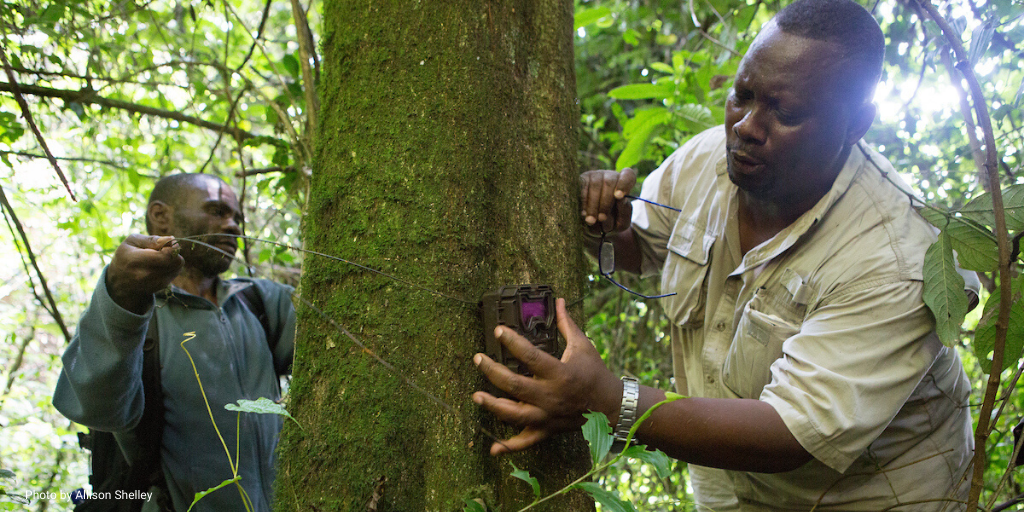
3. Collectivism vs. Individualism
Historically, global economic development has been driven under the paradigm that individual success and competition key ingredients for progress. While this remains valid for many aspects of life, it is also true that there are fundamental challenges that society needs to tackle collectively if we want to overcome them.
Climate change and biodiversity loss are examples of challenges that we need to face together. These problems can be solved if we work collectively, as a global community. The COVID-19 pandemic is teaching us this in a very painful way. This challenge is far too big for any one group to fight against alone. Defeating this virus will require nothing less than the total effort of the collective global community.
In the coming months and years, I suspect collectivism will shine brightly and our global community will respond powerfully to the threats and challenges we all face together. There simply is no other option.
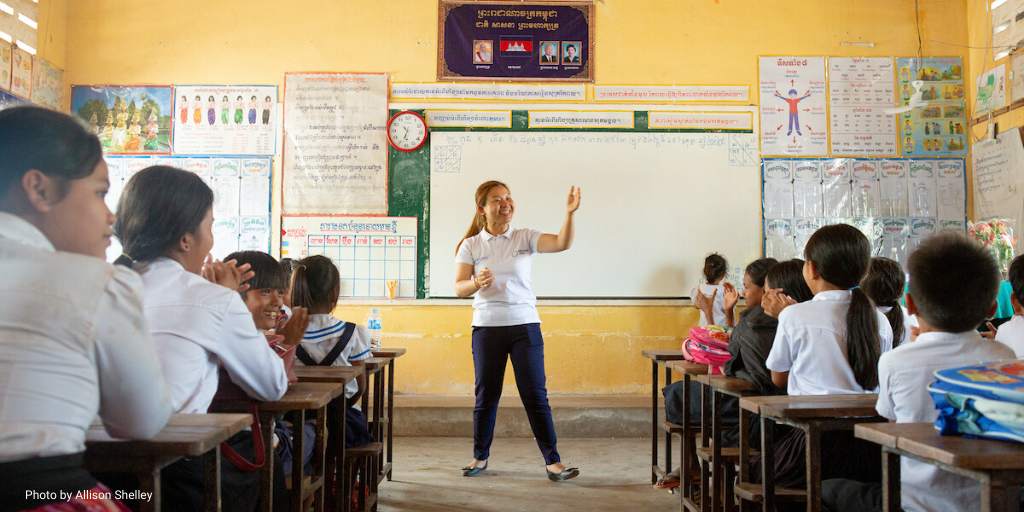 Wild Earth Allies team member Leng Phalla speaks with children as part of community conservation outreach efforts in Cambodia.
Wild Earth Allies team member Leng Phalla speaks with children as part of community conservation outreach efforts in Cambodia.
4. Nature Conservation
The connection of this epidemic with environmental issues and particularly wildlife conservation are multiple. Wildlife conservation is not a luxury, it’s a need. A growing body of research is showing that epidemiological outbreaks are associated with the loss of forest and mismanagement of wildlife. Various thinkers and conservationists are already calling for a substantial improvement of wildlife conservation if we aim to avoid the next epidemic. People will study this for years to come. Hopefully, we learn important lessons and start taking our relationship with the natural world more seriously.
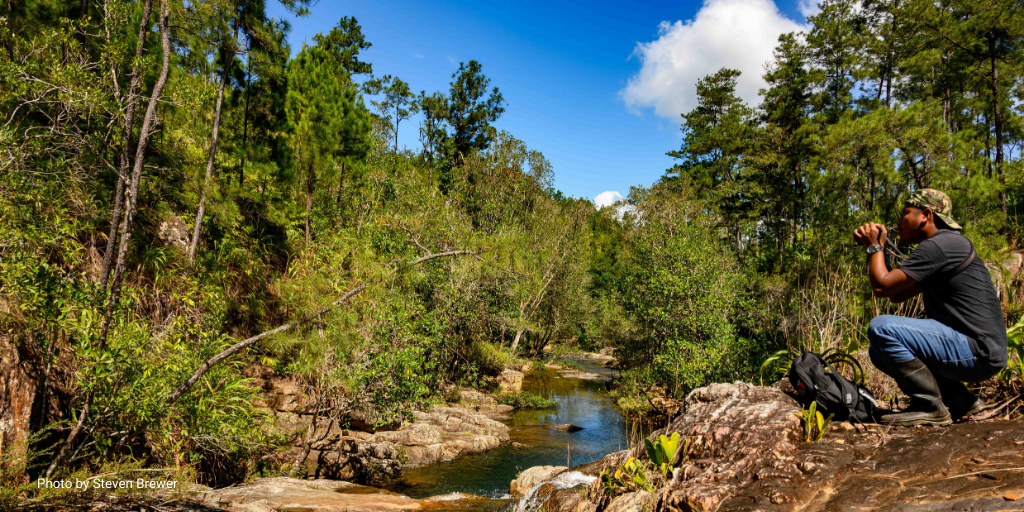 Wild Earth Allies colleague Luis Peña crouches to observe the landscape of the forests in the Black Rock region of Cayo district Belize.
Wild Earth Allies colleague Luis Peña crouches to observe the landscape of the forests in the Black Rock region of Cayo district Belize.
These coming weeks and months will be difficult. However, if we learn from this experience, we will emerge more resilient and robust.
Humanity, science, collectivism and nature conservation, and the optimism they invoke, are not new. In fact, they can be seen in the work of many groups and organizations working in all corners of the world. A great example of this is Wild Earth Allies and their partners in places like Rwanda, Democratic Republic of the Congo, Cambodia, Belize and El Salvador. An organization I am proud to serve as a Board Member.
Our organization believes that joining forces with local organizations and individuals is the best way to protect the wildlife and habitats that are so vital to our global biodiversity and sustainability. We understand the human factor is key to achieving conservation goals and that we need to champion and empower local “ordinary extraordinary” people to move conservation forward.
José Urteaga has been working in sea turtle and coastal habitat conservation in Central America since 2002. He is a National Geographic Explorer and sits on the Board of Directors of Wild Earth Allies.
